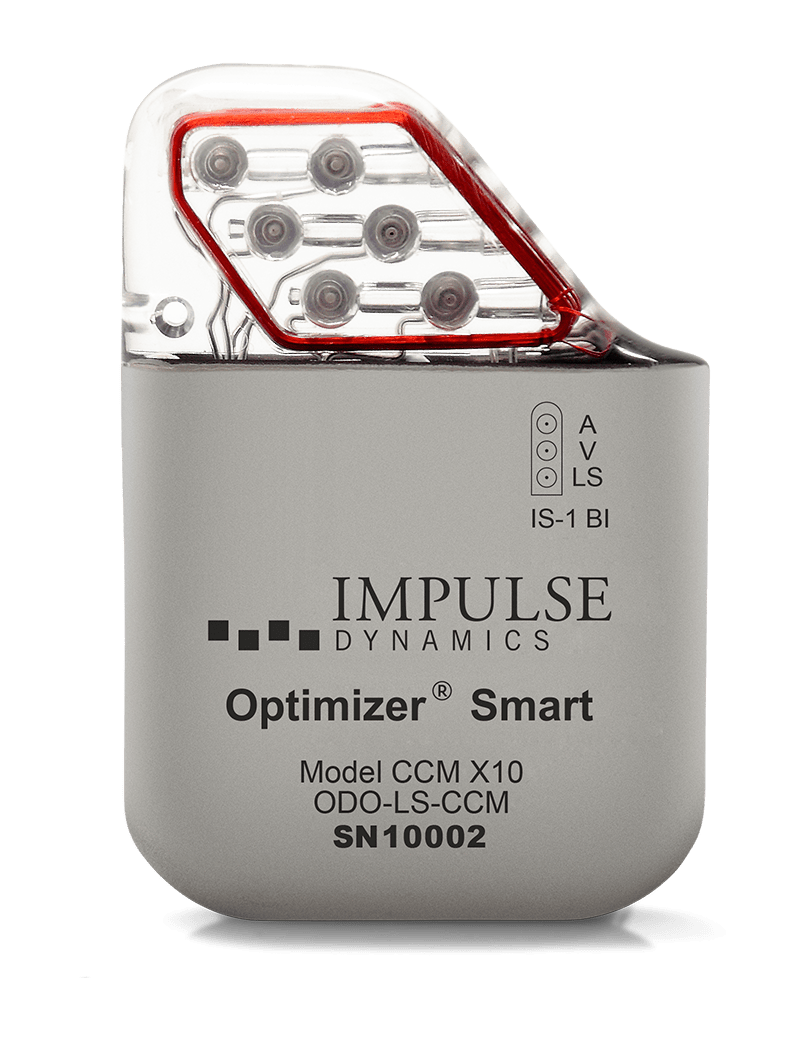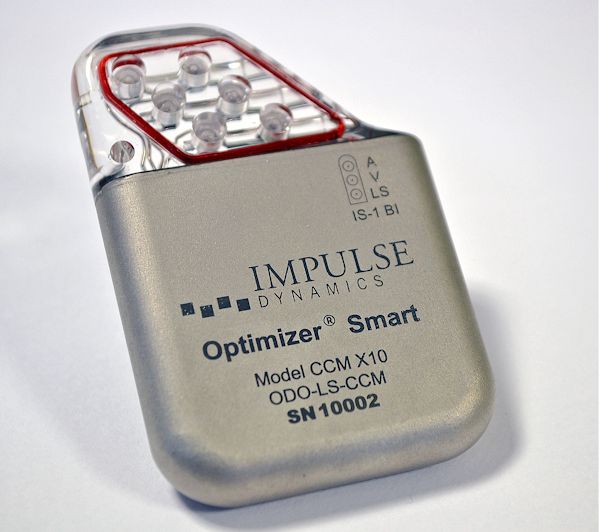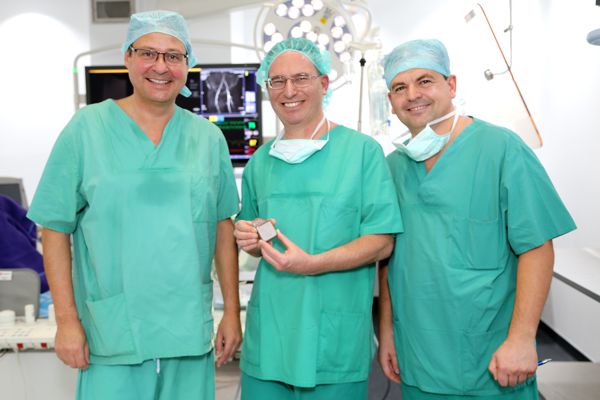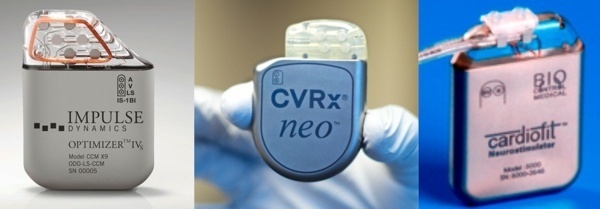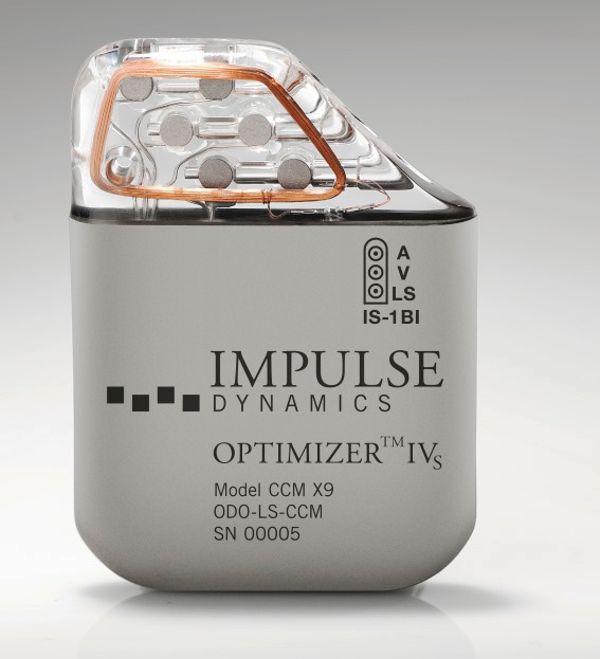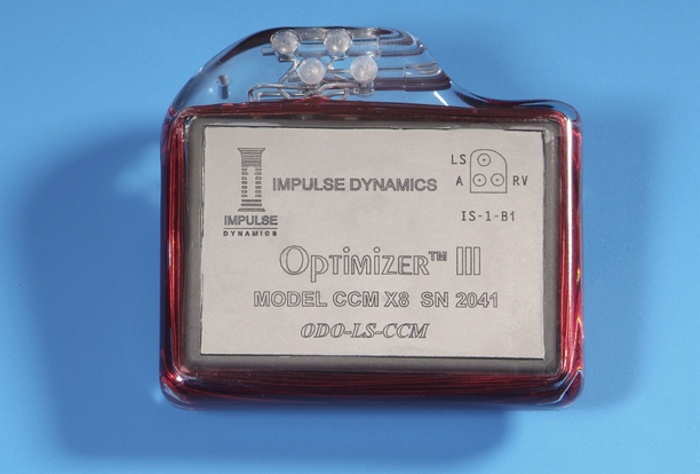
Dr. Ishu Rao is the Medical Director for Impulse Dynamics – the company where I am Executive VP of Product Development. Medgadget featured a very interesting interview with Dr. Rao where he described the use of CCM™ therapy for the treatment of Heart Failure.


